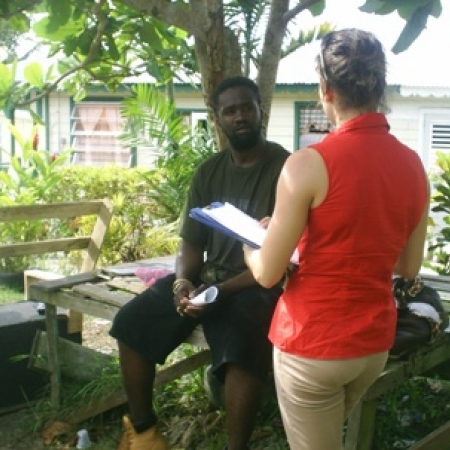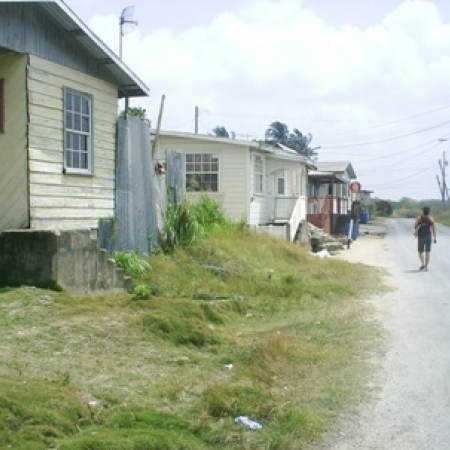Alicia Suchorski
The issue of water scarcity is a pressing matter in Barbados. The Caribbean country is one of the highest ranking water-scarce nations globally, with a per capita water use that is greater than what is naturally available. The agriculture and domestic sectors are the two largest water users in Barbados, with tourism becoming accountable for a growing amount of the water consumed nationally.
The purpose of this research was to determine whether the amount of economic, social, and physical development of a parish influences the access and distribution of domestic water to households; and to uncover gender perceptions related to water use and determine how water use patterns and water consumption vary between genders in households. This was accomplished through surveying individuals in parishes with varying levels of socio-economic and physical development, which in this research included the parishes of St. James, St. Lucy, St. Joseph, and St. Philip.
It was uncovered that development was a much stronger indicator for water access and use rather than gender.
Full thesis
Socio-economic and physical development influences on water use in Barbados [PDF]




